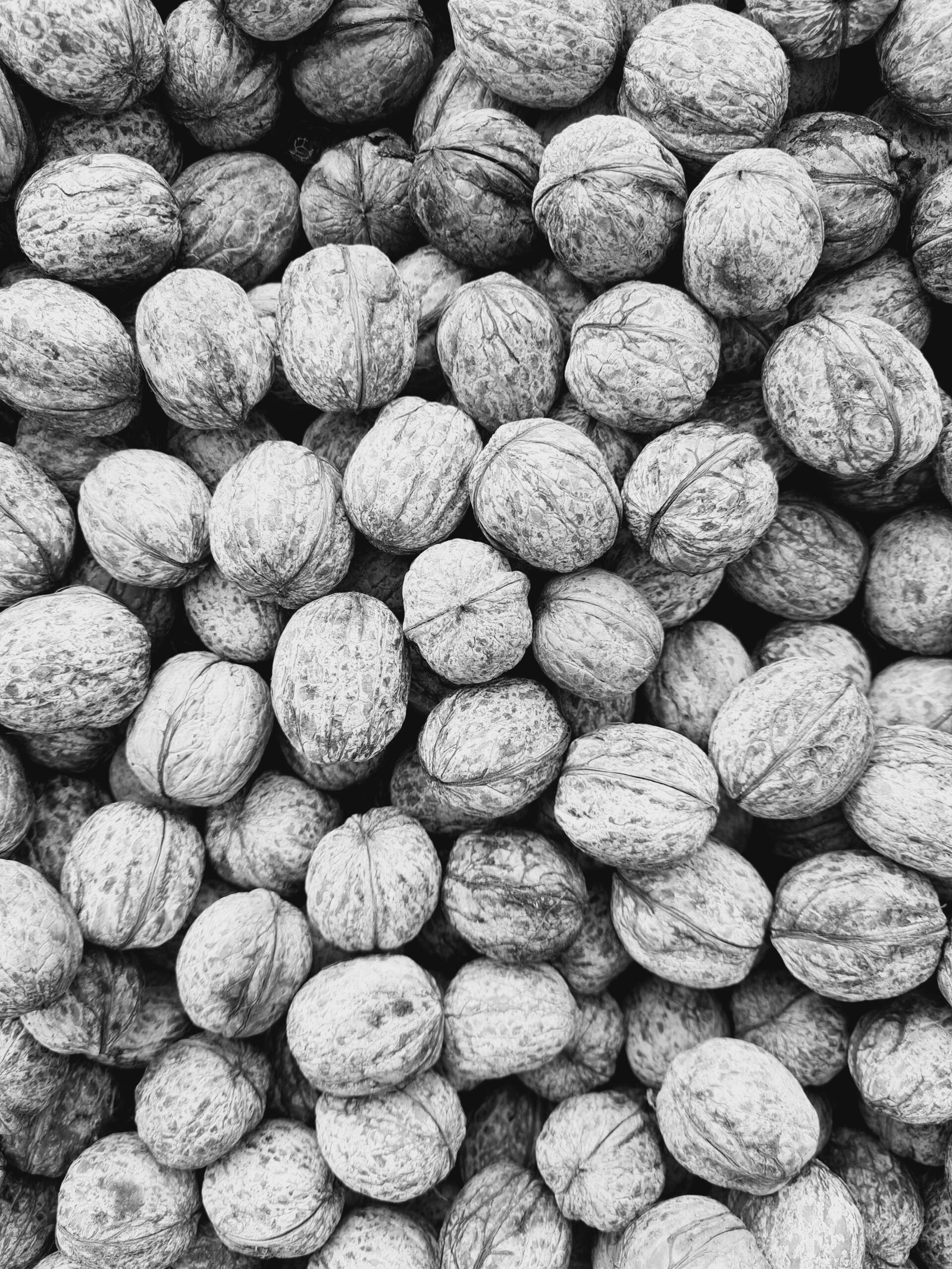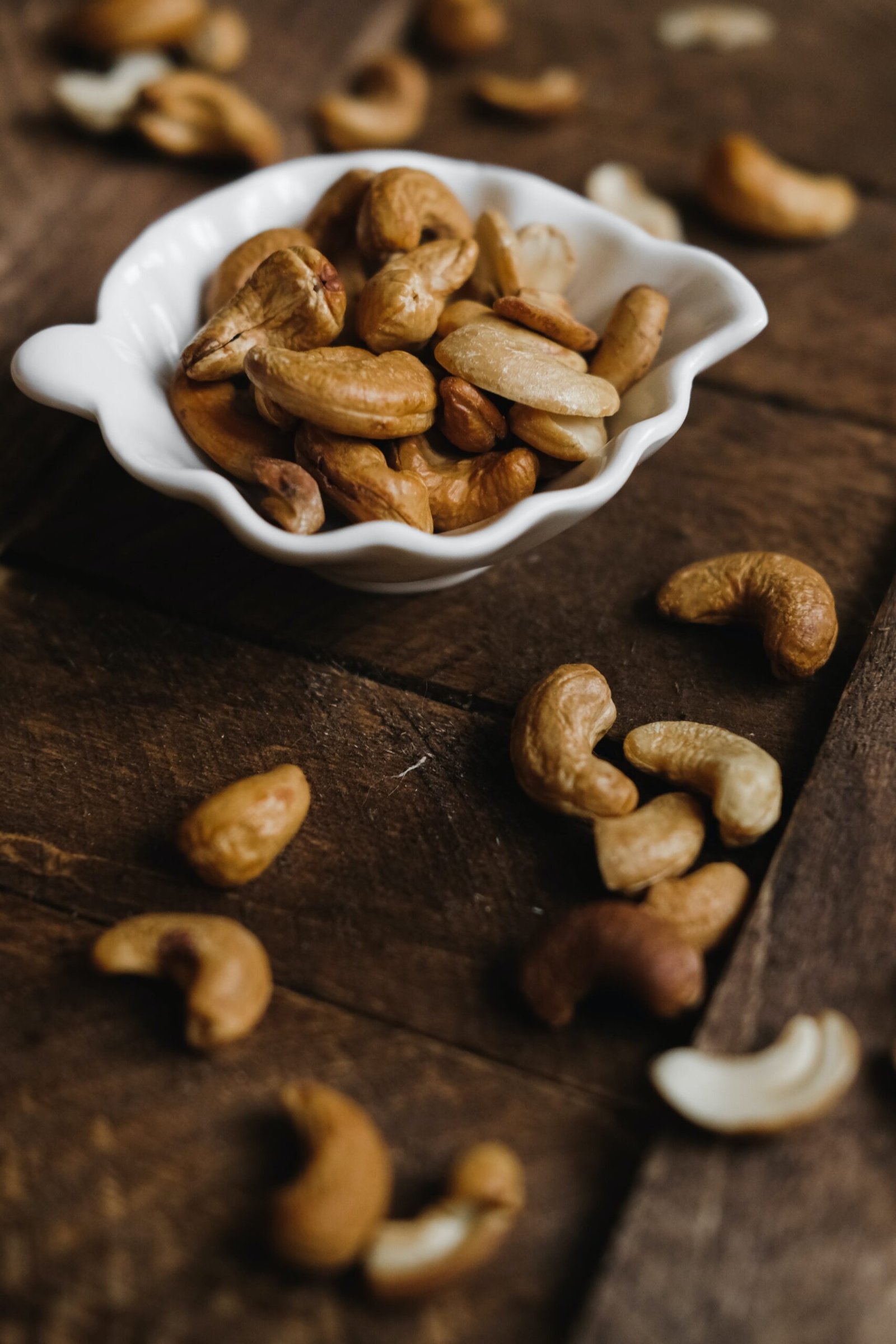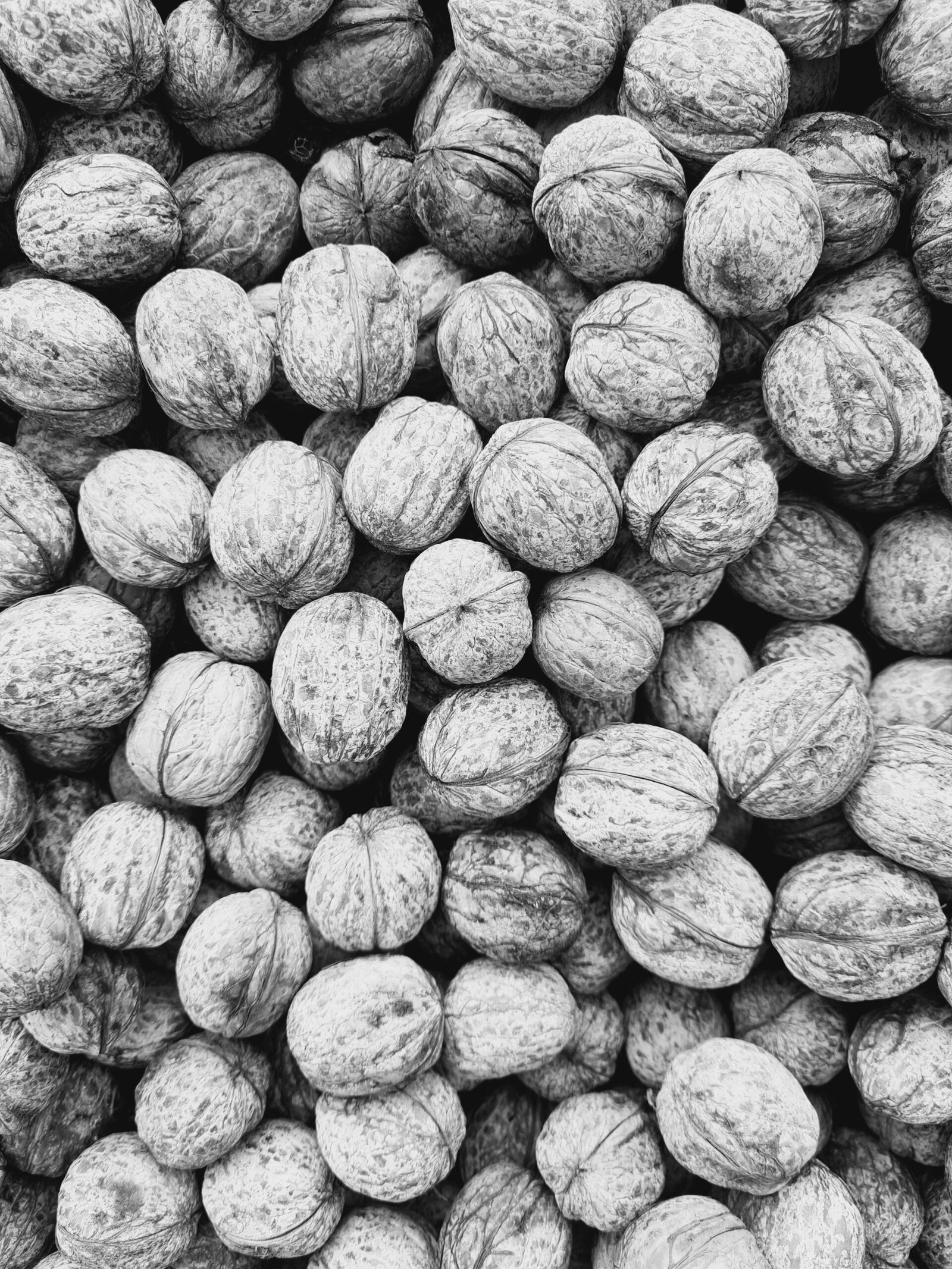Have you ever wondered what would happen if you put in all that effort at the gym but didn’t nourish your body with enough food? Well, it turns out that your muscles may not be too happy about it. When you workout but don’t eat enough, your body may not have the necessary fuel to repair and build new muscle tissue. Additionally, you may experience decreased energy levels, impaired recovery, and a compromised immune system. So, before you hit the gym, make sure you’re fueling your body properly to maximize your workout and achieve your fitness goals.

Potential Effects of Not Eating Enough Before a Workout
Decreased Energy Levels
When you don’t eat enough before a workout, one of the potential effects is decreased energy levels. Food is the body’s main source of energy, and without enough fuel, you may feel tired, sluggish, and have difficulty pushing through your workout.
Reduced Performance
Another consequence of not eating enough is reduced performance. Your body needs carbohydrates for fuel, and without an adequate intake, your athletic performance can suffer. You may find it harder to lift weights, run as fast, or complete your usual workout routine with the same intensity.
Loss of Muscle Mass
Failure to eat enough before a workout can also lead to a loss of muscle mass. When you don’t fuel your body properly, it may start breaking down muscle tissue for energy, resulting in muscle loss over time. This can be counterproductive if your goal is to build and maintain lean muscle mass.
Negative Impact on Muscle Recovery
Inadequate nutrition before a workout can impair muscle recovery. Proper nutrient intake after exercise is crucial for repairing and rebuilding muscles. Without enough nutrients from food, your body may struggle to recover effectively, delaying your progress and potentially leading to muscle soreness and fatigue.
Increased Risk of Injury
Lastly, not eating enough before a workout can increase your risk of injury. When your body doesn’t have enough energy from food, your muscles may not perform optimally, making you more prone to accidents, strains, and sprains. Without proper nutrition, your body may also struggle to repair tissues, making injury recovery longer and more challenging.
Why Eating Enough is Important for Your Workouts
Provides Fuel for Energy
Eating enough before your workouts is vital as it provides the necessary fuel for energy. Carbohydrates are the primary source of energy for your muscles, and consuming them before exercise ensures that your body has the energy it needs to perform at its best.
Supports Muscle Growth and Repair
Adequate nutrition is crucial for supporting muscle growth and repair. Protein, in particular, is essential for muscle protein synthesis, which is the process by which your body builds and repairs muscle tissue. Eating enough protein before a workout ensures that your muscles have the necessary resources for recovery and growth.
Enhances Performance
Proper nutrition before a workout can have a significant impact on your performance. Consuming a balanced meal or snack that includes carbohydrates, protein, and healthy fats can optimize your energy levels, allowing you to train harder, lift heavier weights, or run faster.
Aids in Recovery
Eating enough before a workout also aids in recovery. Nutrients obtained from food help replenish glycogen stores, which are the primary energy source during exercise. Additionally, consuming adequate protein post-workout aids in muscle repair, reducing soreness and promoting faster recovery.
Boosts Immune Function
Proper nutrition before a workout plays a role in boosting your immune function. Regular exercise can temporarily weaken your immune system, but consuming adequate nutrients, such as vitamins, minerals, and antioxidants, can help support your immune system and reduce the risk of illness.
Signs and Symptoms of Not Eating Enough Before a Workout
Fatigue
One of the signs that you’re not eating enough before a workout is fatigue. If you often feel exhausted or lack the energy to perform at your best during exercise, it may be a result of inadequate nutrition before your workouts.
Dizziness or Lightheadedness
Feeling dizzy or lightheaded during or after your workouts can be a symptom of not eating enough beforehand. When your blood sugar levels drop due to insufficient food intake, it can lead to feelings of dizziness and lightheadedness.
Poor Concentration
Inadequate nutrition before a workout can also affect your concentration. Without enough fuel, your brain may struggle to focus, impacting your attention to detail and ability to perform exercises with proper form.
Decreased Stamina
Not eating enough can lead to decreased stamina during your workouts. You may find it harder to sustain your energy levels or endure high-intensity exercises. This can limit your ability to push through challenging workouts and may leave you feeling fatigued quickly.
Increased Perceived Effort
When you don’t eat enough before a workout, the exercise may feel more difficult than usual. This is known as an increased perceived effort, where the same workout intensity feels harder due to inadequate energy availability.
Decreased Strength
Insufficient nutrition before a workout can also cause a decrease in strength. If you notice a decline in your ability to lift weights or perform resistance exercises, it could be a result of not providing your muscles with the necessary nutrients to perform at their best.
How to Determine if You’re Eating Enough
Assess Your Energy Levels
One way to determine if you’re eating enough before workouts is to assess your energy levels. Pay attention to how you feel during and after exercise. If you consistently feel tired, low on energy, or struggle to complete your workouts, it may be a sign that you need to adjust your pre-workout nutrition.
Monitor Performance and Progress
Monitoring your performance and progress can also help assess whether you’re eating enough. If you notice a decline in your strength, endurance, or overall fitness progress, it may be an indication that inadequate nutrition is hindering your workouts.
Listen to Your Body’s Hunger and Fullness Cues
Your body is an excellent indicator of its needs. Pay attention to your hunger and fullness cues before and after workouts. If you feel excessively hungry or extremely full, it might be a sign that you need to adjust your meal timing or portion sizes to better support your workouts.

Tips for Eating Enough Before a Workout
Plan and Prepare Your Meals
To ensure you’re eating enough before workouts, it’s essential to plan and prepare your meals ahead of time. This allows you to have balanced and nutritious options readily available. Aim for a mix of carbohydrates, protein, and healthy fats in your pre-workout meals and snacks.
Include a Mix of Carbohydrates, Protein, and Healthy Fats
Aim to include a mix of carbohydrates, protein, and healthy fats in your pre-workout nutrition. Carbohydrates provide energy, protein supports muscle growth and repair, and healthy fats offer additional sustained energy. Including all three macronutrients ensures you have a well-rounded meal.
Timing Matters – Eat 1-3 Hours Before a Workout
The timing of your pre-workout meal or snack is crucial. Eating around 1-3 hours before your workout allows enough time for digestion and absorption of nutrients. This timing provides the necessary fuel without feeling overly full or uncomfortable during exercise.
Stay Hydrated
Hydration is just as crucial as proper nutrition before a workout. Ensure you’re drinking enough water throughout the day and continue to hydrate before and during your workouts. Proper hydration supports energy levels, performance, and overall well-being.
Consider Pre-Workout Snacks
If you’re unable to eat a full meal before your workouts due to time constraints or personal preference, consider having a pre-workout snack. Opt for something light that includes carbohydrates and protein, such as a banana with nut butter or a protein smoothie.
Importance of Post-Workout Nutrition
Muscle Protein Synthesis
Post-workout nutrition is essential for muscle protein synthesis, which is the process of rebuilding and repairing muscle tissue. Consuming protein within the post-workout window helps maximize muscle recovery and growth.
Replenishing Glycogen Stores
During exercise, your body uses glycogen, which is stored glucose, as a source of fuel. Post-workout nutrition that includes carbohydrates helps replenish glycogen stores, ensuring you have sufficient energy for your next training session.
Recovery and Growth
Proper nutrition after a workout plays a significant role in recovery and growth. Nutrients obtained from food, such as protein, carbohydrates, and essential vitamins and minerals, provide the building blocks for repairing muscle tissue, reducing muscle soreness, and promoting overall recovery.
Nutrient Absorption
Post-workout nutrition is also important for nutrient absorption. Consuming a balanced meal or snack after exercise helps optimize the absorption of nutrients, allowing your body to efficiently utilize the fuel and nutrients you provide.

Consequences of Consistently Not Eating Enough
Chronic Fatigue
Consistently not eating enough before workouts can lead to chronic fatigue. Your body needs regular and adequate nutrition to function optimally, and not meeting your energy needs can leave you feeling constantly exhausted and drained.
Stalled Progress in Fitness Goals
When you consistently don’t eat enough before workouts, your progress towards your fitness goals may stall. Inadequate nutrition can hinder muscle growth, strength gains, and overall fitness improvements. Eating enough supports your body’s ability to adapt and make progress.
Weakened Immune System
Insufficient nutrition negatively impacts your immune system. Without the essential nutrients your body needs, your immune function may weaken, making you more susceptible to illness, infections, and prolonged recovery times.
Nutrient Deficiencies
Not eating enough before workouts can lead to nutrient deficiencies. Your body requires a wide range of vitamins, minerals, and other essential nutrients to function properly. Consistently falling short on your nutritional needs can result in deficiencies, which can have detrimental effects on your overall health.
Hormonal Imbalances
Inadequate nutrition can disrupt hormone production and balance in your body. Hormones play a crucial role in regulating various processes, including metabolism, mood, and muscle growth. Consistently not eating enough can lead to hormonal imbalances, affecting your overall well-being and fitness progress.
Seeking Professional Guidance
Consult a Registered Dietitian
If you’re unsure about your pre- and post-workout nutrition needs or have specific dietary concerns, it’s beneficial to consult a registered dietitian. They can provide personalized guidance and create a nutrition plan tailored to your goals and individual needs.
Working with a Personal Trainer
A personal trainer can also assist you in optimizing your workout and nutrition routine. They can help assess your needs, monitor your progress, and provide guidance on pre- and post-workout nutrition to support your fitness goals effectively.
Conclusion
Proper nutrition plays a vital role in maximizing the benefits of your workouts. Not eating enough before a workout can have several negative effects, including decreased energy levels, reduced performance, loss of muscle mass, negative impact on muscle recovery, and increased risk of injury. On the other hand, eating enough before your workouts provides fuel for energy, supports muscle growth and repair, enhances performance, aids in recovery, and boosts immune function. Recognizing the signs and symptoms of not eating enough, such as fatigue, dizziness, and poor concentration, can help you adjust your nutrition accordingly. By planning and preparing your meals, including a mix of carbohydrates, protein, and healthy fats, and staying hydrated, you can ensure that you’re eating enough to support your workouts. Additionally, understanding the importance of post-workout nutrition for muscle protein synthesis, glycogen replenishment, recovery, and nutrient absorption is crucial. Consistently not eating enough can lead to chronic fatigue, stalled progress in fitness goals, weakened immune system, nutrient deficiencies, and hormonal imbalances. If you need guidance, don’t hesitate to consult a registered dietitian or work with a personal trainer to optimize your nutrition and training routine. By listening to your body’s needs and providing it with the fuel it requires, you can achieve better workout performance, recovery, and overall well-being.


